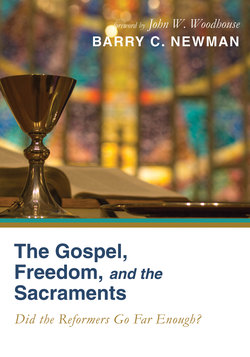Описание книги
To be baptized, particularly as an adult, indicating a radical change from the self-directed life to the life to be lived under the lordship of Jesus Christ, must be one of the most dramatic experiences available to us. To take part in the Lord's Supper–remembering his death for us–must be one of the most moving services in which we could ever participate.
But are these ceremonies obligatory for the believer? Did Jesus explicitly or implicitly make them mandatory? Does it not seem somewhat strange that the gospel, by which we are freed from the Law of Moses, demands that we abide by two new ceremonial laws?
However greatly they differed from one another, did the reformers go far enough in examining the Scriptures to see what they did indeed say about such ceremonies? Have we written back into our understanding of Scripture that so much underlies our present beliefs and practices? Does an examination of what the early fathers thought help or hinder us in our search for the truth?
But are these ceremonies obligatory for the believer? Did Jesus explicitly or implicitly make them mandatory? Does it not seem somewhat strange that the gospel, by which we are freed from the Law of Moses, demands that we abide by two new ceremonial laws?
However greatly they differed from one another, did the reformers go far enough in examining the Scriptures to see what they did indeed say about such ceremonies? Have we written back into our understanding of Scripture that so much underlies our present beliefs and practices? Does an examination of what the early fathers thought help or hinder us in our search for the truth?
